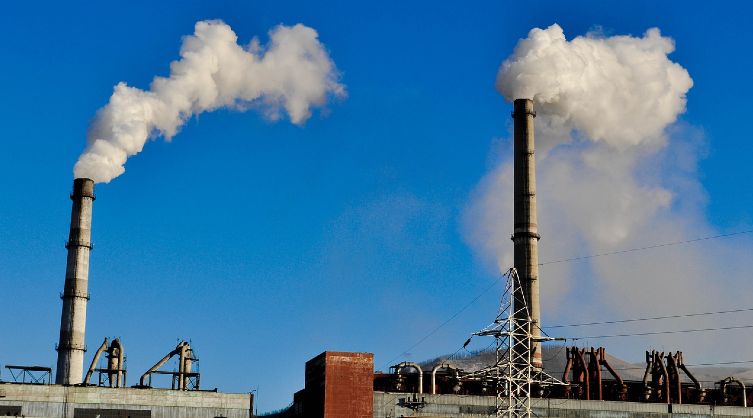Indian thermal power plants embrace biomass co-firing initiative
By EPR Magazine Editorial August 8, 2023 2:50 pm IST
By EPR Magazine Editorial August 8, 2023 2:50 pm IST

Government has now mandated to increasing biomass co-firing in thermal power plants, and to take initiatives to boost availability of biomass pellets and diverse agro residues.
The Minister responsible for power and new & renewable energy has communicated that 47 thermal power plants have successfully engaged in co-firing agro residue-based biomass pellets alongside coal. To update the biomass policy from October 8, 2021, the ministry of power issued a revision on June 16, 2023, which now mandates a 5percent biomass co-firing requirement in thermal power plants (TPPs) starting from the fiscal year 2024-25. This obligation will subsequently increase to 7 percent starting from the fiscal year 2025-26.
Talking further, he emphasised that the government has implemented numerous initiatives to ensure the availability and procurement of biomass pellets for co-firing in TPPs. These initiatives include finance assistance schemes by MNRE and CPCB for biomass pellet manufacturing units, approval of ‘Biomass pellet manufacturing’ as an eligible activity under Priority Sector Lending (PSL) by the Reserve Bank of India (RBI), establishment of a procurement provision of biomass category on the GeM portal, issuance of a revised model long-term contract for biomass supply by the Ministry of Power, finalisation and listing of a vendor database on the SAMARTH website, as well as the execution of awareness programs and advertisement campaigns. Additionally, measures like the provision of Udyam Aadhaar on the national single window system and the creation of a ‘bankable model project report for biomass pellet plants’have been put in place.Furthermore, through a policy addendum dated May 3, 2023, the power ministry has outlined various types of surplus agro residues, such as stubble, straw, stalk, and husk, which are not being utilised as animal fodder and can be used for making biomass pellets. These agro-residues encompass crops like Paddy, Soya, Arhar, Gwar, Cotton, Gram, Jawar, Bajra, Moong, Mustard, Sesame, Til, Maize, Sunflower, Jute, Coffee, and others. Additionally, agro products, crops, and wastes like Bamboo and its by-products, Horticulture waste (including dry leaves and trimmings from tree and plant maintenance and pruning), and other biomass materials like pine cone/needle, elephant grass, sarkanda, etc., can also be utilised for co-firing in TPPs.
We use cookies to personalize your experience. By continuing to visit this website you agree to our Terms & Conditions, Privacy Policy and Cookie Policy.